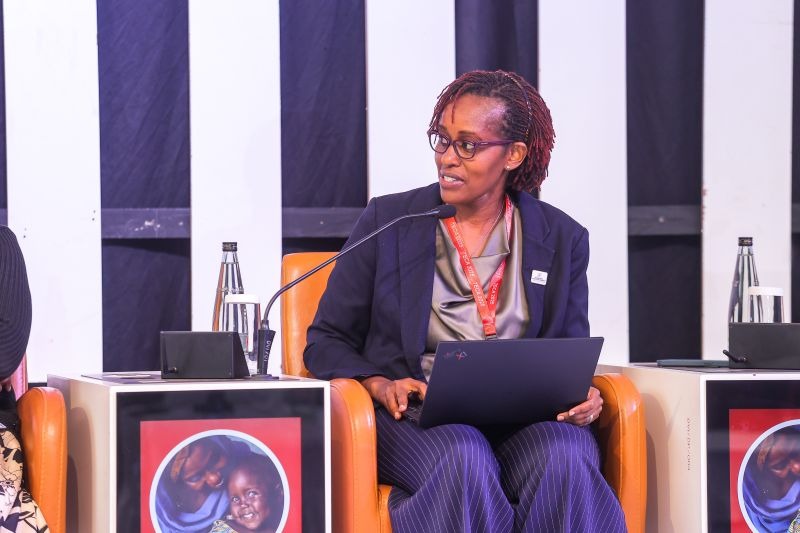The Elizabeth Glaser Pediatric AIDS Foundation (EGPAF) started with a community. When Elizabeth Glaser sat down at her kitchen table with her friends Susie Zeegen and Susan DeLaurentis, they dreamed about starting a foundation that brought together researchers, advocates, policy makers, and families to bridge gaps and commit to ending AIDS in children and achieving an AIDS-free generation.
A new Joint United Nations Programme on HIV/AIDS (UNAIDS) World AIDS Day Report spotlights the critical role that communities play in making long-lasting, sustainable impact in the global AIDS response, and shows how communities have been the driving force for progress from the start. It’s also a call to action to remove the barriers that stand in communities’ way – and to truly Let Communities Lead.
EGPAF’s Committee of African Youth Advisors (CAYA) is comprised of youth leaders (ages 15-29) from across 11 EGPAF-supported countries who provide input on EGPAF initiatives and ensure the views, insights, and expertise of youth are represented in our work.
Young people are a critical part of communities but their insights are often overlooked or undervalued. This World AIDS Day, several CAYA members reflect on the Let Communities Lead call to action and give advice to stakeholders on how to better empower communities and remove barriers so they can truly lead.
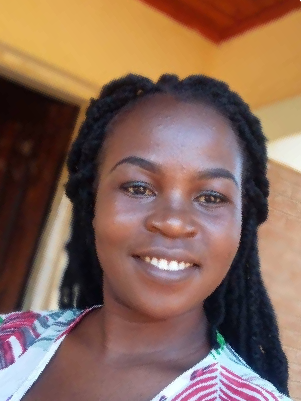 Deborah Simbeye, Malawi
Deborah Simbeye, Malawi
What advice would you give to stakeholders to better focus on communities?
My advice to the stakeholders is that they should educate communities on issues concerning their health more, especially in issues of HIV/AIDS prevention.
What are the barriers that need to be removed so communities can truly lead?
Some of the barriers that youth face is lack of involvement in the community in leading and in decision-making on issues concerning the well-being of youth. As a result, we feel like we are not wanted.
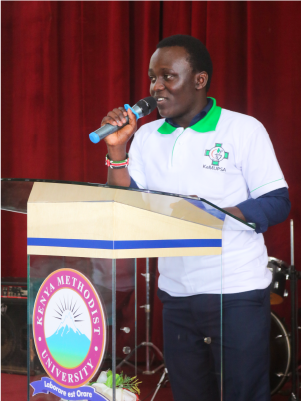 Emish Ondiek, Kenya
Emish Ondiek, Kenya
What advice would you give to stakeholders to better focus on communities?
Some youth programs are doing more paperwork than community activities. I would suggest that stakeholders make sure they follow up on any paperwork presented to them to make sure the energy is in the right place for us to keep the promise of ending AIDS in pediatric and young people by 2030.
When we talk about community, we don’t just mean the healthcare facilities. HIV infected individuals know about things like preventing the spread of HIV and initiating testing and treatment. What about the negative individuals? We need to look into ways we can engage the entire community when doing an activity on HIV.
What are the barriers that need to be removed so communities can truly lead?
Conferences are mostly for scientists, researchers, donors, and stakeholders and are more about complicated content on HIV care and treatment. What about the community, that the outcomes of these conferences will affect? How can we make conferences simple for them so that they can attend and participate in deciding their fate?
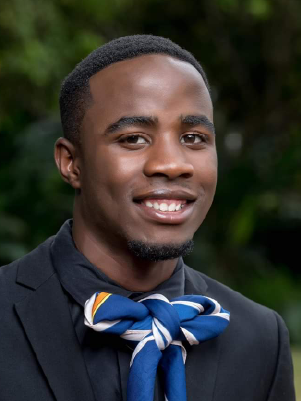 Frank Agaba, Uganda
Frank Agaba, Uganda
What advice would you give to stakeholders to better focus on communities?
I advocate for a toll-free number that we can display on posters deep in communities so that anybody with questions are able to get answers or find someone to talk to in-person, or a TV or radio station that specifically broadcasts health information.
I would carry out community “edutainment” and provide schools with the knowledge and information that I would want all people to know.
 Helvex Marcelyno, Mozambique
Helvex Marcelyno, Mozambique
What advice would you give to stakeholders to better focus on communities?
Due to the high level of unemployment, young people end up taking jobs that are not their dreams! By this I mean that in order to concentrate better, they need to “care”, that is, have love for their work because only then can they be successful.
What are the barriers that need to be removed so communities can truly lead?
We need to remove stigma and discrimination, self-discrimination, lack of self-confidence, lack of empathy, and false beliefs!
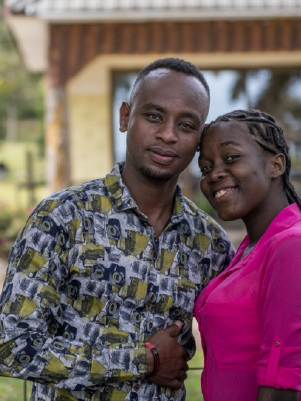 Ismail Harerimana, Uganda
Ismail Harerimana, Uganda
What advice would you give to stakeholders to better focus on communities?
Stakeholders should prioritize active community engagement, listen to diverse voices, and invest in education to empower communities in understanding and addressing HIV/AIDS.
What are the barriers that need to be removed so communities can truly lead?
Eliminate stigma, enhance access to resources, and establish inclusive platforms for collaboration. Ensure that youth and marginalized groups have equal opportunities to lead in the fight against HIV/AIDS.
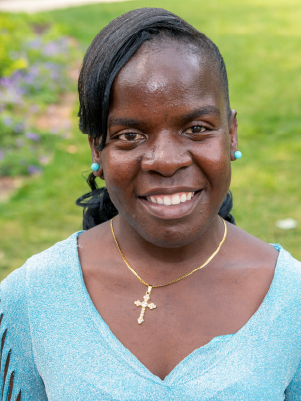 Rosa Mahlasera, Zimbabwe
Rosa Mahlasera, Zimbabwe
What advice would you give to stakeholders to better focus on communities?
The advice l would give other stakeholders is the community comes first before everything. We should have a good relationship with the people in the community, to make it easier for the people to respond positively each time we introduce new research. By building trust in everything we do in the health sector, we can get the necessary involvement needed for meaningful research and bring innovation to more people.
Let communities lead means the more we involve the community the more we can have a positive response when it comes to any research.
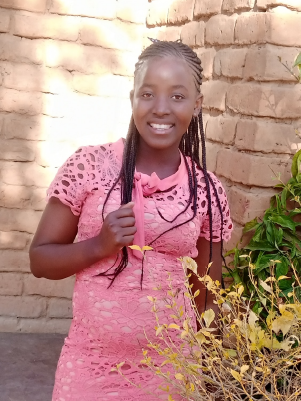 Tamanda Talasha, Malawi
Tamanda Talasha, Malawi
What advice would you give to stakeholders to better focus on communities?
My advice to the stakeholders as well as the Ministry of Health is that they must train the youths about the prevention of HIV/AIDS so that we can achieve our vision of an AIDS-free generation.
What are the barriers that need to be removed so communities can truly lead?
Some community leaders, traditional, and religious beliefs affect how people make decisions including their behaviors; we need youths to be leaders of tomorrow to inform positive youth-led decision making.
Temlandvo Mhlanga, Eswatini
What advice would you give to stakeholders to better focus on communities?
Sometimes, it can be easy for stakeholders to try to impose their own solutions on the community, without actually understanding what the community needs. It’s important to give the community a voice and let them lead the way.
What are the barriers that need to be removed so communities can truly lead?
There is a lack of representation of diverse voices in the decision-making processes. Often, those in positions of power do not reflect the diverse communities they are trying to serve. There is a lack of trust between communities and institutions. Without trust, it is difficult to build meaningful partnerships and create meaningful change.


